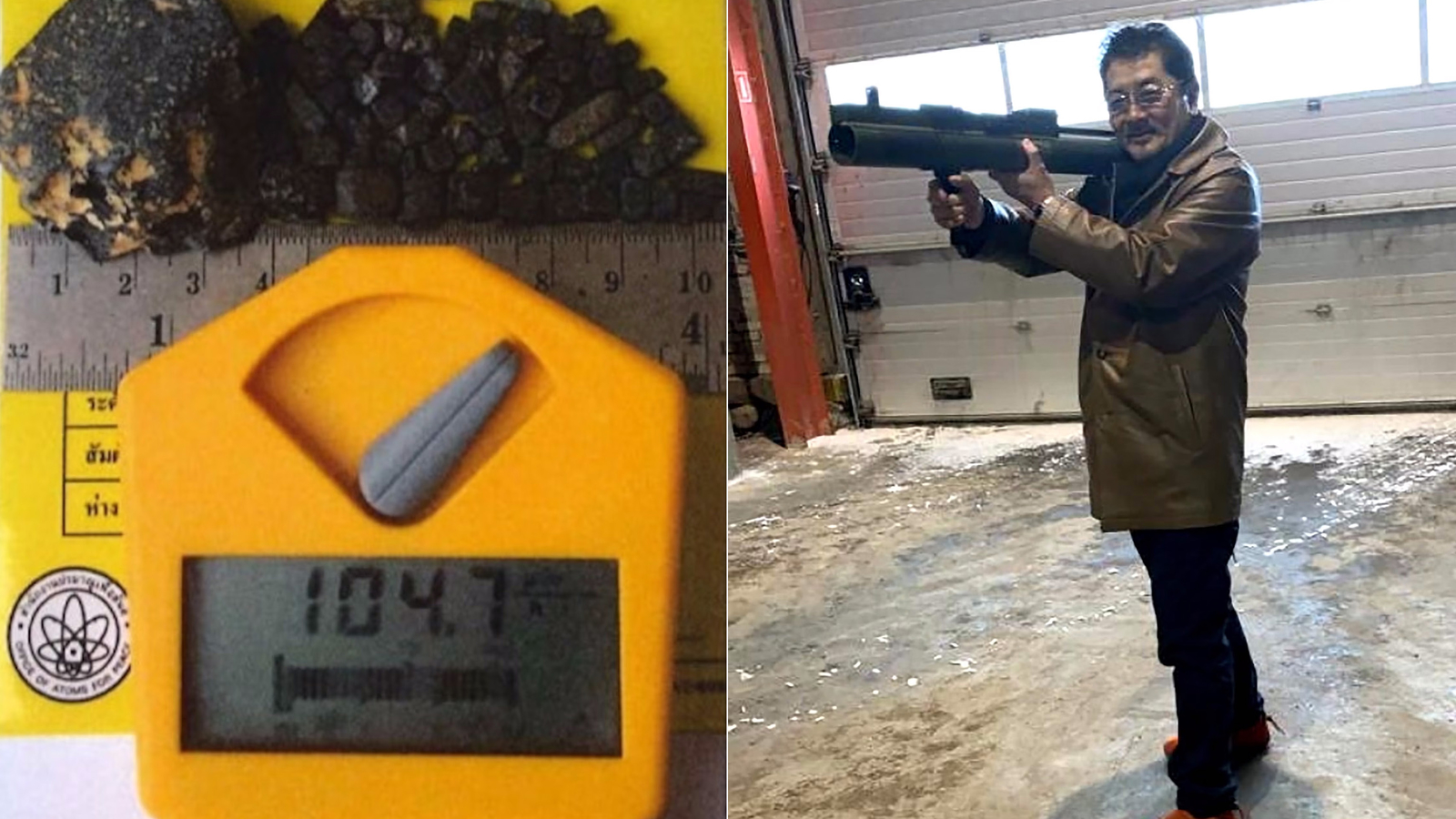The Justice Department has unsealed new charges against Takeshi Ebisawa, a leader of the notorious Japanese Yakuza gang, accusing him of attempting to traffic weapons-grade nuclear materials. According to a superseding indictment, Ebisawa conspired to transport material containing uranium and weapons-grade plutonium from Burma to other countries, with the belief that it could be used in the development of nuclear weapons programs, particularly by Iran.
The charges, announced by Assistant Attorney General Matt Olsen, highlight the gravity of the situation, stating, “It is chilling to imagine the consequences had these efforts succeeded.” Ebisawa, a 60-year-old Japanese national, had already been charged in April 2022 with narcotics trafficking offenses. He and a co-defendant were arrested in Manhattan on those charges, and both pleaded not guilty. A U.S. judge in New York ordered their detention.
The superseding indictment reveals that Ebisawa had informed two undercover agents in early 2020 about his access to a “large quantity” of nuclear materials that he wished to sell. He even sent photos of rocky substances next to Geiger counters, which measured radiation levels. One of the undercover agents claimed to have an interested buyer, an Iranian general, who allegedly needed the materials for nuclear weapons. Ebisawa’s response, according to the indictment, was, “I think so and I hope so.”
Further discussions between Ebisawa and the undercover agent involved the potential sale of military-grade weapons, including surface-to-air missiles for use by an insurgent group in Burma. The arrangement led to the involvement of unnamed co-conspirators who claimed to have “more than 2,000 kilograms of Thorium-232 and more than 100 kilograms of uranium” available, which they said could produce up to five tons of nuclear materials in Burma.
In a meeting arranged by Ebisawa with the undercover agents in Southeast Asia, one of his co-conspirators presented two plastic containers containing samples of the nuclear materials in a hotel room. Thai authorities assisted in the seizure of the materials, which were then handed over to U.S. law enforcement. Subsequent testing confirmed the presence of uranium, thorium, and plutonium.
Anne Milgram, administrator of the Drug Enforcement Administration, described the case as an “extraordinary example of the depravity of drug traffickers who operate with total disregard for human life.”

